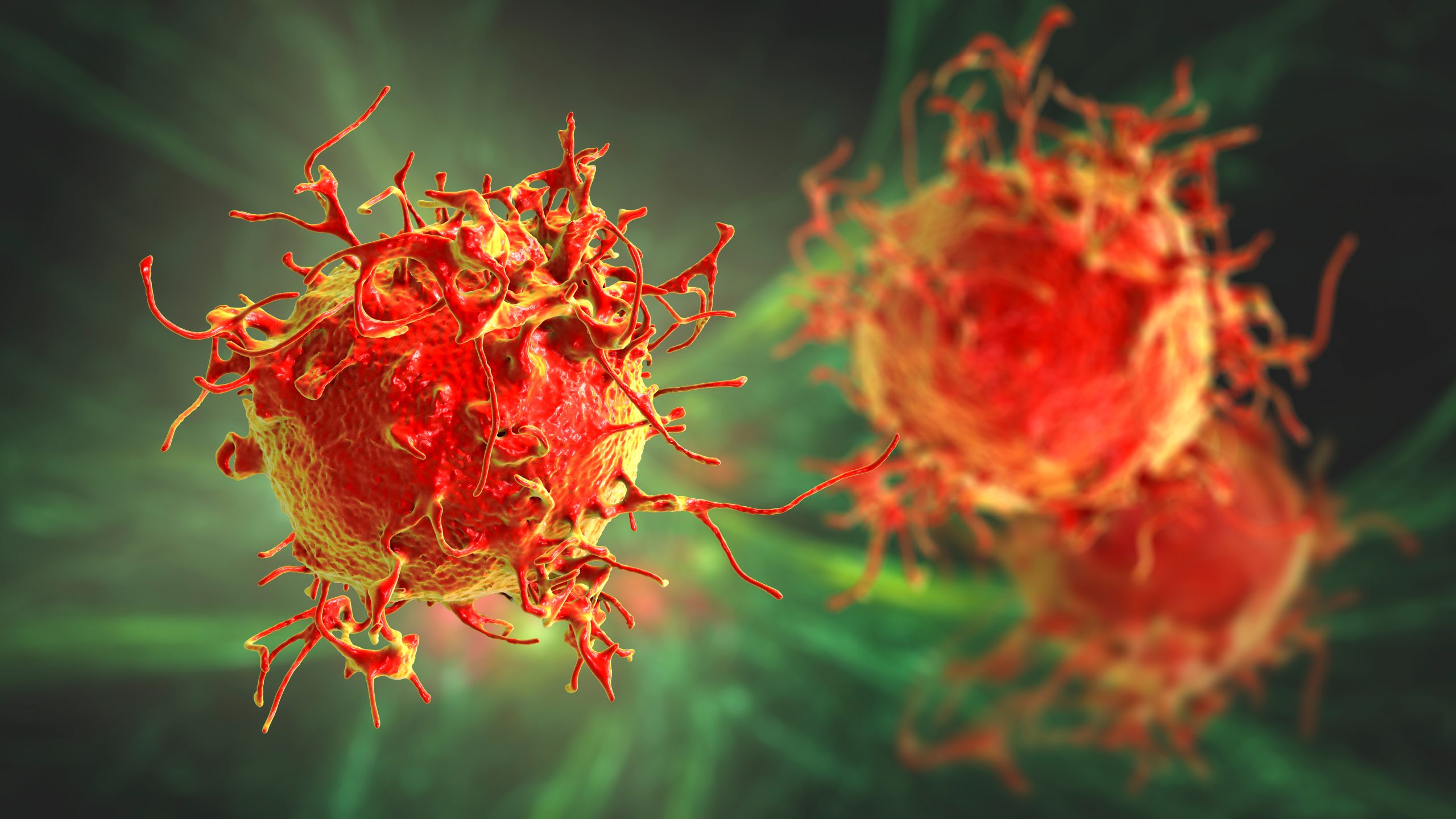A workforce led by scientists at PACT Pharma in South San Francisco and the College of California, Los Angeles (UCLA) have developed a way for isolating a number of T cell receptors (TCRs) from most cancers sufferers for particular neoantigens and used a nonviral CRISPR enhancing method to generate patient-specific neoTCRs in clinical-grade transgenic T cells for adoptive cell remedy (ACT) to deal with most cancers.

“This can be a leap ahead in creating a customized therapy for most cancers, the place the isolation of immune receptors that particularly acknowledge mutations within the affected person’s personal most cancers are used to deal with the most cancers,” mentioned Antoni Ribas, MD, PhD, professor of medication at UCLA’s Jonsson Complete Most cancers Heart, and a senior creator of the examine. “The era of a customized cell therapy for most cancers wouldn’t have been possible with out the newly developed capacity to make use of the CRISPR approach to exchange the immune receptors in clinical-grade cell preparations in a single step.”
In a first-in-human medical trial (NCT03970382), researchers administered the brand new ACT in 16 sufferers with stable cancers (colon, breast, and lung cancers), with as much as three distinctive a number of engineered T cells expressing neoTCRs concentrating on mutations on the sufferers’ most cancers, following conditioning chemotherapy. The findings are revealed within the journal Nature.
Human TCRs on T cells can distinguish single level mutations within the most cancers genome by detecting adjustments within the amino acid sequences of peptides offered by a spread of human leucocyte antigens (HLA) that act as billboards on cell surfaces. Neoantigens are cancer-specific antigens generated by mutations in most cancers cells. These neoantigens are the first targets for an immune response and most cancers therapies.
CRISPR enhancing has been utilized in people earlier to take away particular genes to focus immune assaults on most cancers cells. That is the primary human examine to explain an ACT that makes use of CRISPR to not solely take away particular genes, but in addition to insert new ones in immune cells to redirect them to acknowledge mutations within the affected person’s personal most cancers cells. When infused again into sufferers, CRISPR-engineered neoTCR-carrying T cells preferentially zero in on the affected person’s most cancers cells.
The approach used to isolate TCRs from the affected person’s blood was developed initially by means of a collaboration of Ribas’ workforce with James Heath, PhD, president of the Institute for Techniques Biology in Seattle, and the Nobel Laureate David Baltimore, PhD, emeritus professor at Caltech and member of the UCLA Jonsson Complete Most cancers Heart. The approach was refined for medical software by PACT Pharma. Upon isolation, the TCRs are used to redirect immune cells utilizing CRISPR-based gene enhancing to acknowledge the affected person’s personal most cancers cells.
“This examine demonstrates the feasibility of isolating and cloning a number of immune cell receptors recognizing mutations in most cancers cells, the simultaneous knock-out of the endogenous immune receptor and knock-in of the redirecting immune receptor utilizing single-step, nonviral precision genome enhancing, the manufacturing of CRISPR engineered T cells at medical grade, the security of infusing as much as three gene-edited immune cell merchandise, and the power of the gene-edited immune cells to site visitors to the sufferers’ tumors,” mentioned Ribas.
The examine members consented to offer a biopsy of the tumor and peripheral blood mononuclear cells (PBMC) to permit the investigators to display screen for neoTCRs particular to the sufferers’ tumors. The T cells have been remoted from affected person blood primarily based on their binding to reagents that displayed as much as 350 mutations from the affected person’s personal most cancers, for a complete of over 5,000 mutations being focused throughout 34 HLA subtypes of the immune system.
The cancer-specific neoTCRs have been then sequenced and inserted again into the affected person’s personal T cells utilizing a one-step CRISPR enhancing technique, which included the knock-out of two present TCR genes (TCRα and TCRβ), and knock-in of the neoTCRs that might redirect T cells to acknowledge the affected person’s personal most cancers cells.
Sufferers who obtained the brand new remedy skilled anticipated unintended effects from chemotherapy. Two of the 16 sufferers had potential unintended effects from the gene-edited cells however recovered promptly. Biopsy of the affected person’s tumors following therapy confirmed that the edited cells constituted about 20% of the immune cells within the most cancers.

